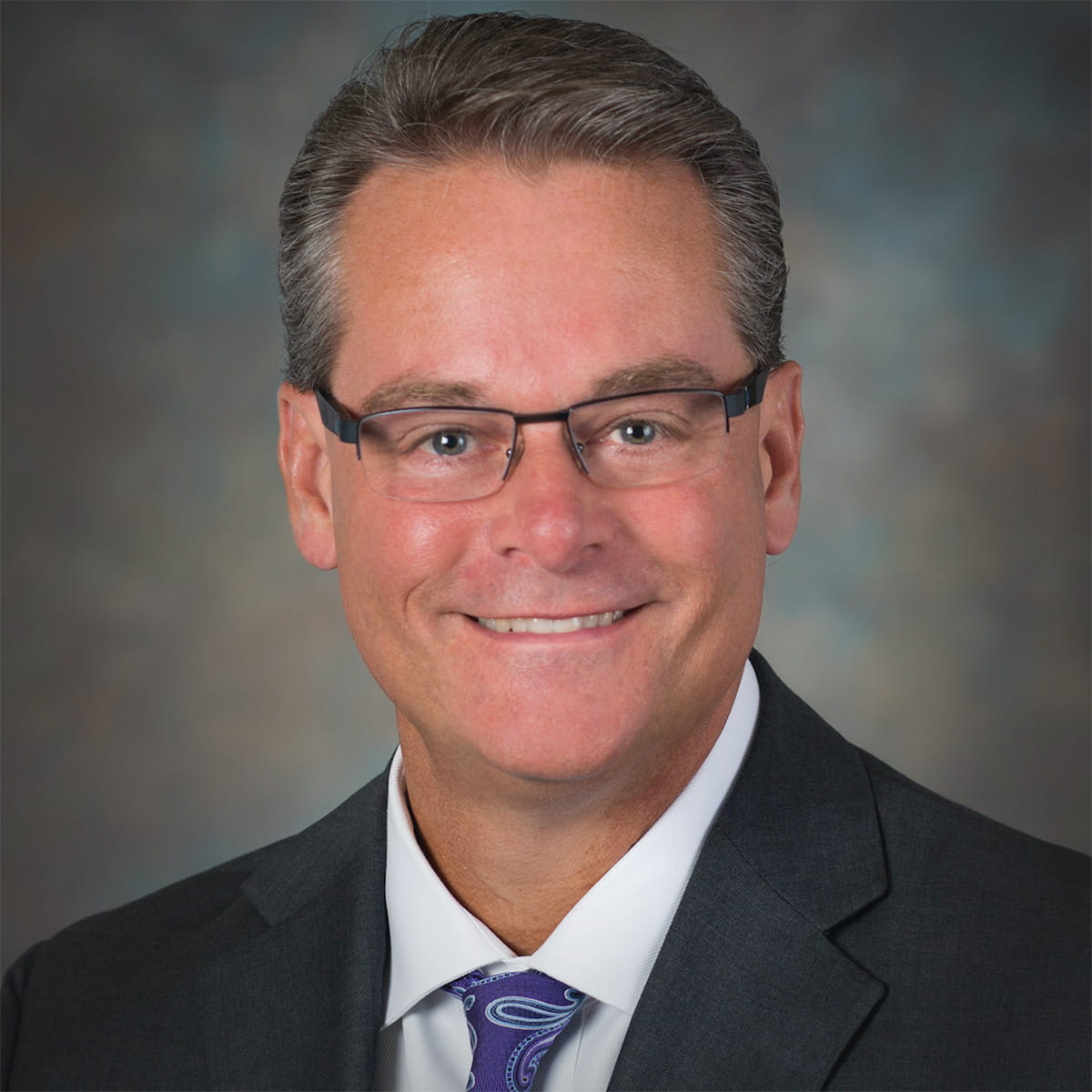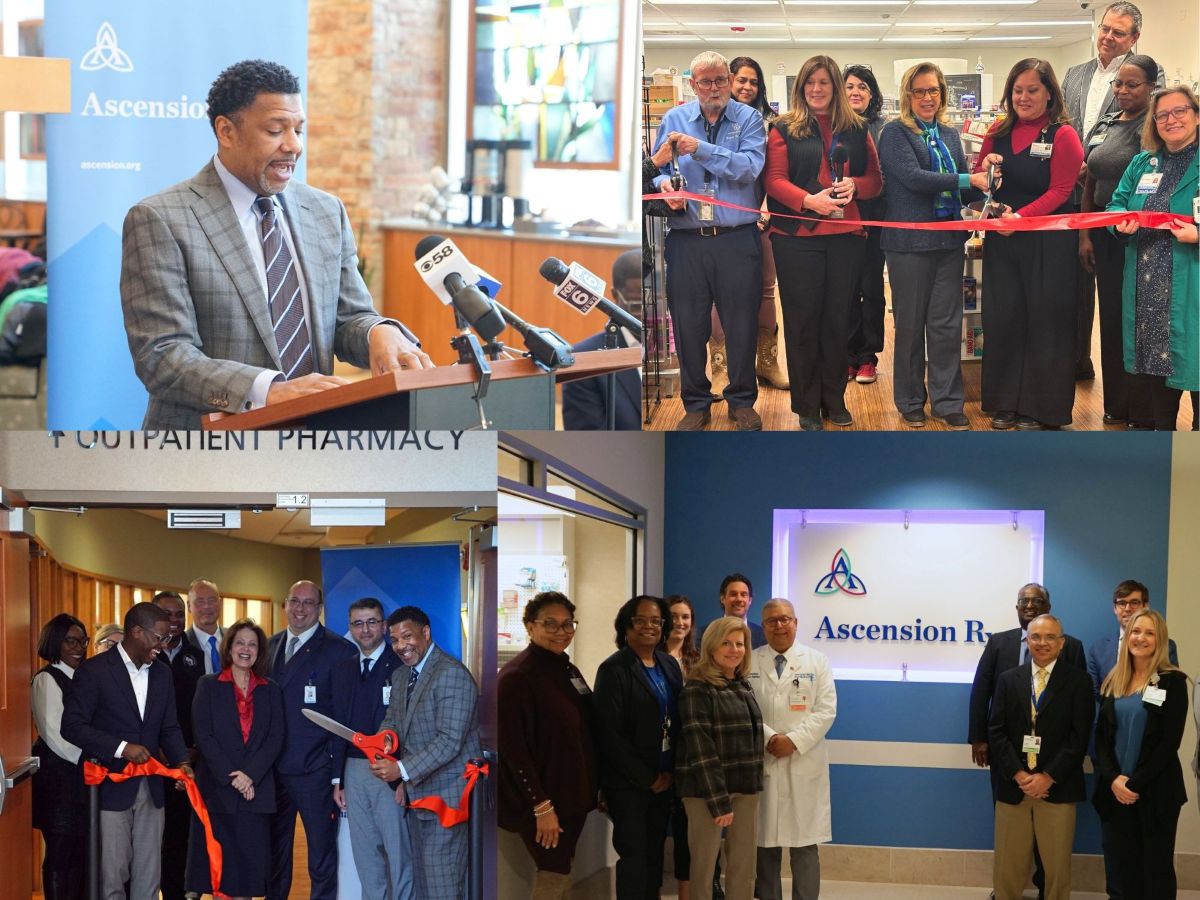Ascension’s Mission to Care for the Poor and Vulnerable
Cuts to the Medicaid program would impact the scope and type of care that Ascension can provide to all populations, not just individuals for whom Medicaid is their source of payment. As a faith-based, nonprofit health system, Ascension, in alignment with Catholic Church teachings, believes that access to care is a human right and, therefore, treats all patients, whether they have commercial insurance, government insurance, or no insurance at all. Policy proposals that reduce Medicaid resources undermine our ability to care for vulnerable populations and impact access to 24/7 hospital care for all. Americans have seen dramatic improvements in access to care over the past decade and families have coverage where they did not have it before. These improvements are important to working families, children and people with chronic conditions. Public policy should seek to ensure as many Americans as possible have health care coverage, which is critical for patient access so that they can stay healthy and manage conditions, as well as the sustainability of providers like Ascension who serve a high volume of low-income patients.
Ascension’s Medicaid Population & the Rising Cost of Delivering Care
Ascension serves extremely vulnerable populations, with more than 60 percent of our patients being covered by either Medicare or Medicaid. More than one-quarter (28.9%) of the roughly three million emergency room visits that take place at an Ascension hospital each year were patients covered by Medicaid. Over the past five years, more than two out of every five (43.3%) maternal health patients treated by Ascension providers were Medicaid enrollees, and our hospital system delivered one out of every 50 babies born in the U.S. Furthermore, we work tirelessly to help self-pay and uninsured patients gain greater access to care, helping more than 57,000 patients secure Medicaid coverage between April 2023 and April 2024.
Unfortunately, the cost of providing care continues to rise. This fiscal year, labor and supplies have increased more than five percent so far compared to the same period last year. Despite these headwinds, as well as a $1 billion shortfall in Medicaid reimbursement in FY 2024, Ascension holds an unwavering commitment to our Mission and to ensuring all patients can receive the coverage and care they need, especially those experiencing poverty.
Ascension Calls on Congress to Ensure Americans’ Continued Access to Quality Care
People sleep more soundly when they and their loved ones have access to care – for example, when a single trip to the emergency room won’t lead to severe financial hardship. Millions of American families rely on Medicaid coverage, and the health care system relies on adequate financing to maintain critical services. Some lawmakers have signaled a desire to drastically alter how the program is financed. The downstream impacts of these sweeping cuts would arrive at a time when enrollment is high – more than 79 million as of October 2024 – and the cost of providing care is rising. It is important that lawmakers understand the deep threat that this would pose to non-profit and safety-net hospitals, which already experience insufficient reimbursement rates from Medicare and Medicaid. But more importantly, reduced funding would force states to cut back on eligibility, causing low-income families to lose their health insurance coverage.
A higher percentage of uninsured people puts a heavier financial burden on both patients and providers. It also means that people delay primary and preventive care – often ending up in the emergency room. That impacts everyone, not just individuals on Medicaid. We urge lawmakers and the Administration to reconsider proposed cuts that would jeopardize all Americans’ access to care.




